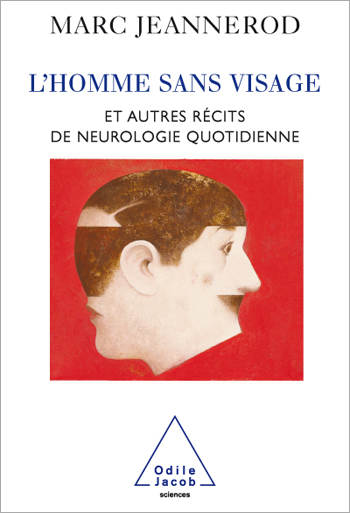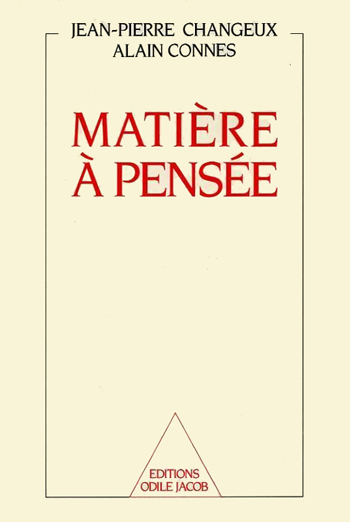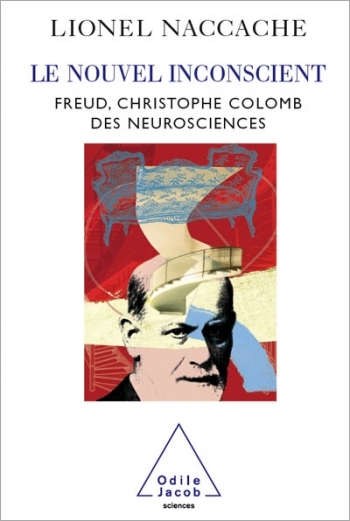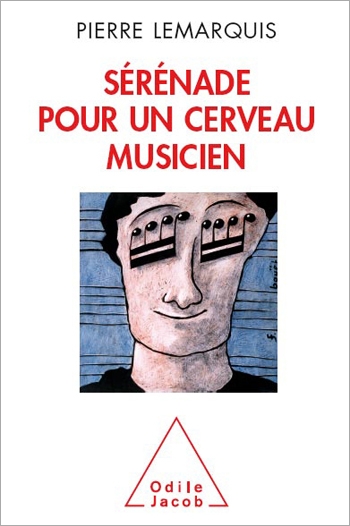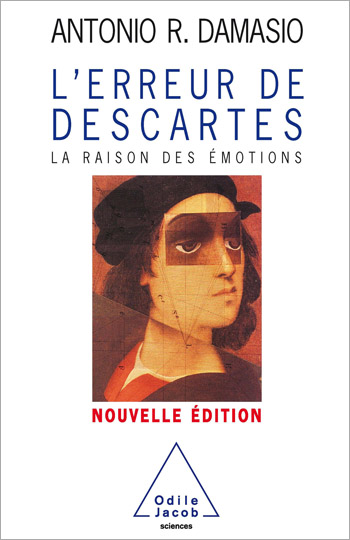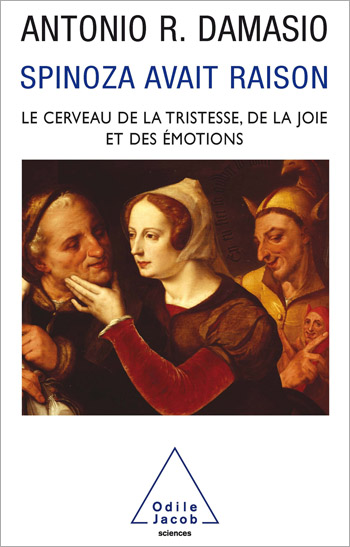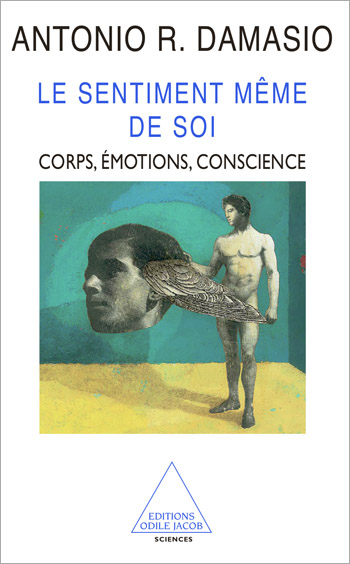Neuroscience All books
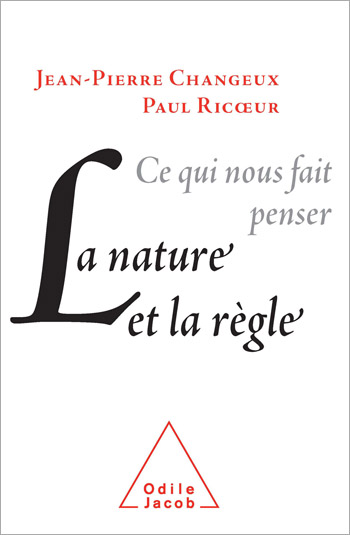
Jean-Pierre Changeux, Paul Ricœur
What Makes Us Think Nature and Rules
'The intention of this book was to put a scientist and a philosopher face to face and spark a dialogue between them on neuroscience, on their results and projects, and their ability to carry out a debate on ethics, its norms, and on peace. In France, ideas are rarely openly discussed. Serious debates are too often hindered by dogmatic statements, one-sided criticisms, incomprehensible discussions and glib mockery, with little or no thought for the solidity of the arguments, which aim only to appear plausible or worthy of being argued, rather than convincing. A totally free and open dialogue between a scientist and a philosopher is necessarily a highly unusual experience for both.' Paul Ricur and Jean-Pierre Changeux Paul Ricur is an honorary professor at the University of Paris-X and an emeritus professor at the University of Chicago. Jean-Pierre Changeux, a member of the French Academy of Science, teaches at the College of France and the Pasteur Institute.
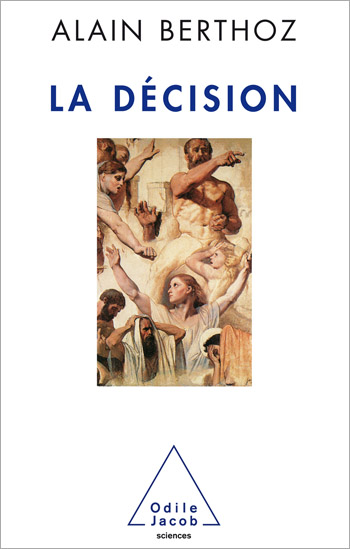
Alain Berthoz
The Decision
In this work, Alain Berthoz examines the psychology of decision-making, based on his conception of the human brain not as a calculator or compiler but as a simulator of action. Instead of considering the process of decision-making as a rational one, based on logical tools, he regards it as the fundamental property of the nervous system, its goal being to prepare, command and control actions and shows that to decide is to predict. Alain Berthoz teaches physiology of action and perception at the Collège de France.
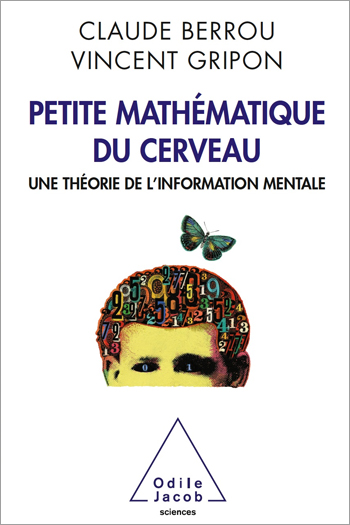
Claude Berrou, Vincent Gripon
Some Brain Mathematics A Theory of Mental Information
How the human brain processes information — an explanation between neuroscience and information technology.
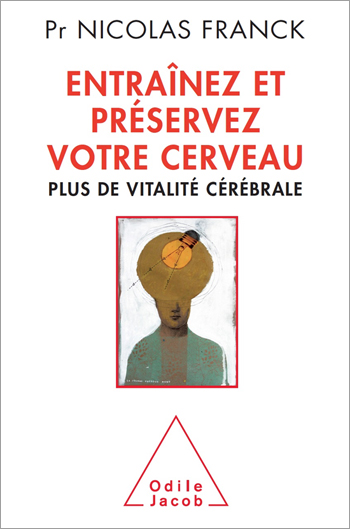
Nicolas Franck
Exercises to Maintain Your Brainpower
Practical exercises to maintain and enhance your mental capacities
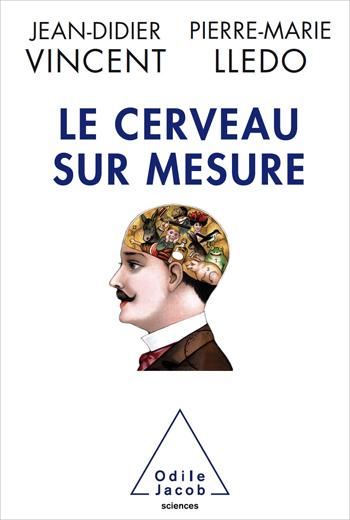
Jean-Didier Vincent, Pierre-Marie Lledo
The Made-to-Order Brain
The neurosciences are making it possible to repair, modify and enhance the brain, heralding a revolution for all of us
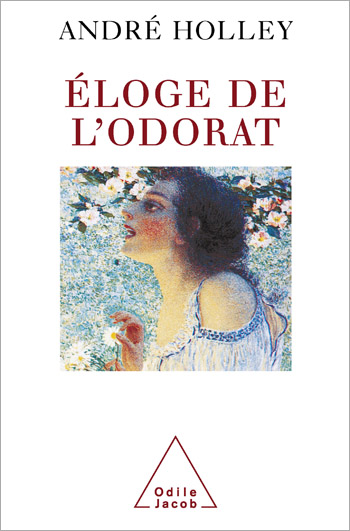
André Holley
In Praise of our Sense of Smell
Disparaged by the great philosophers and even by Darwin, who considered it useless, yet praised by Proust and Baudelaire for the richness of the emotions it inspires, the human sense of smell is generally considered secondary to the other senses. But is it really? André Holley makes a scientific argument for this powerful yet ambiguous sense. He also examines the tendency on the part of our society to deodorise to refuse accept that smells are sometimes bad, on the other hand inventing entirely new smells with the help of chemistry. Researcher at the CNRS, André Holley is a professor of neuroscience at the university Claude-Bernard in Lyon.
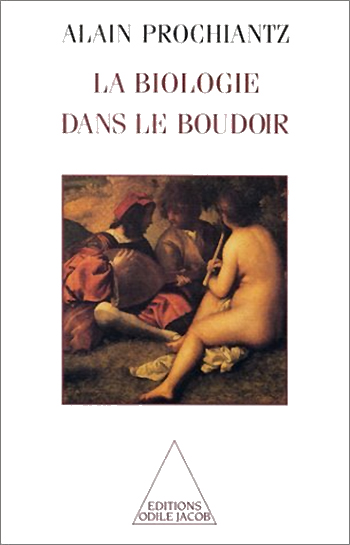
Alain Prochiantz
Biology in the Bedroom
Inspiring himself from La Philosophie dans le boudoir by Sade and the major philosophical works of the 18th century, Alain Prochiantz, who is a neurobiologist, explains by means of a dialogue, the progress of embryology and neurobiology and gives us the elements so that we can understand and measure the stakes of the recent discovery of the genes of development. Alain Prochiantz heads the Laboratory for the Development and Evolution of the Nervous System at the École normale supérieure. He is notably the author of Strategies of the Embryo, and Claude Bernard, the Physiological Revolution.
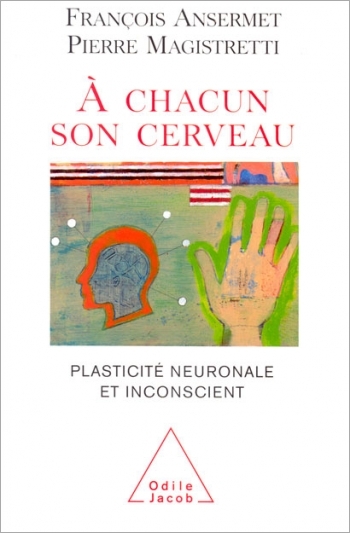
François Ansermet, Pierre Magistretti
To Each His Own Brain Biology of the Unconscious
This book is the result of the coming together of psychoanalysis and neuroscience around the shared observation that experience leaves a mark. Although the idea that experience produces psychic imprints - whether conscious or unconscious - has always been central to psychoanalysis, it was not until recently that findings in neurobiology demonstrated that neuronal plasticity existed and that it operated throughout a person's life. This constant remodelling in relation to experience poses certain basic questions about each individual's identity and future. How does psychic life emerge from experience and from what it imprints? What are the respective contributions of external stimuli (the reality behind experience) and of internal stimuli (the imprinted marks)? How do the mechanisms of synaptic plasticity participate in the establishment of an unconscious internal reality? What is the role of the body in this new dynamic organisation? This book provides the foundations for a better understanding of the relations between neuroscience and psychoanalysis and offers an original theory of the unconscious, by combining recent findings in neurobiology with the basic principles of psychoanalysis. Eschewing genetic determinism, it shows that each individual is different and each brain unique. Pierre Magistretti, a physician and neurobiologist, is a professor of physiology and director of the Centre for Psychiatric Neuroscience at the University of Lausanne's medical school. In addition, he is the president of the Federation of European Neuroscience Societies. François Ansermet is a psychoanalyst and professor of child and adolescent psychology at the University of Lausanne. He is the co-author, with O. Halfon and B. Pierrehumbert, of Filiations psychiques (Presses Universitaires de France, 2000).
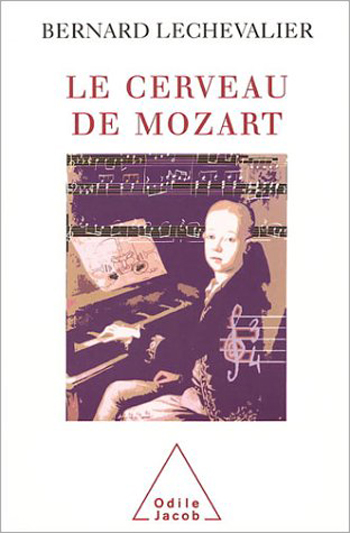
Bernard Lechevalier
Mozart's Brain
In this book, the author uses episodes from Mozarts life which illustrate a specific aspect of musical perception. He explores the mechanisms of musical memory - how is it mentally possible to memorise a fifteen-minute musical composition for nine voices, in two choirs? Is this ability due to a listening technique? To an emotionally-based one? What mental operations are at work in musical memory, in general? Bernard Lechevalier is a neurologist specialising in neuropsychology, and a professor of neurology and medicine in teaching hospitals.

